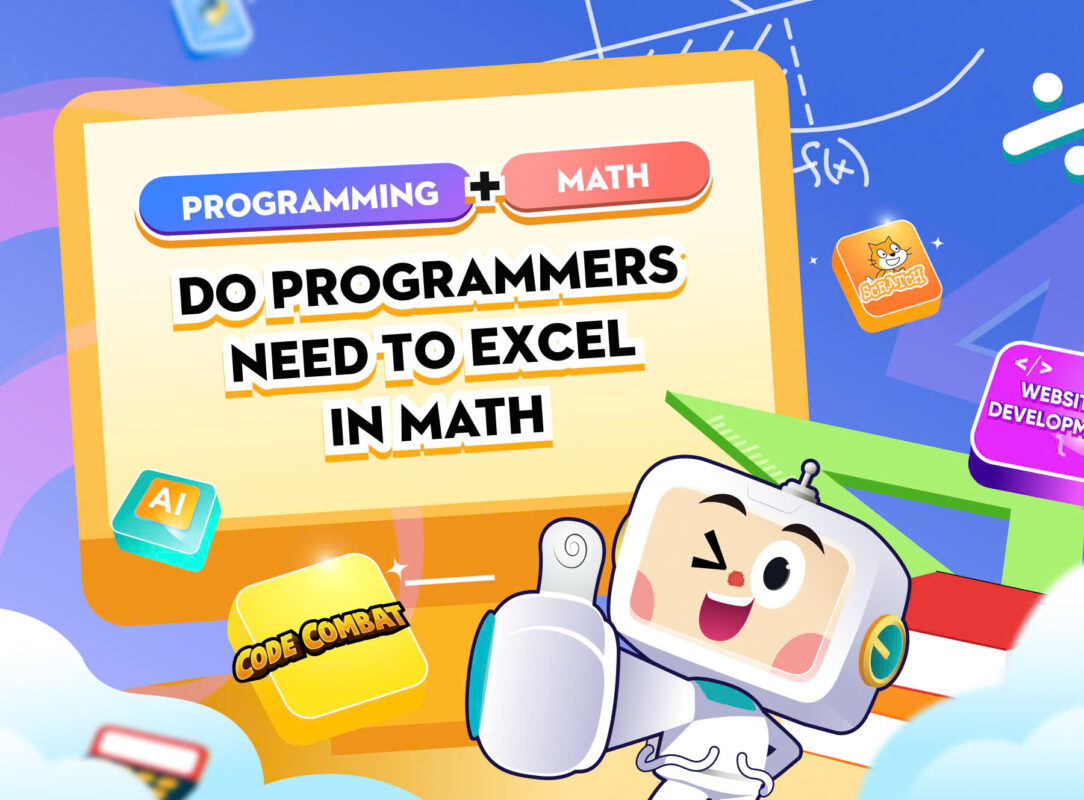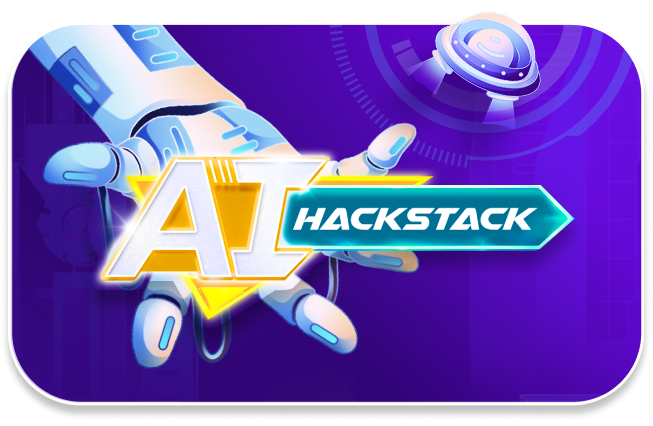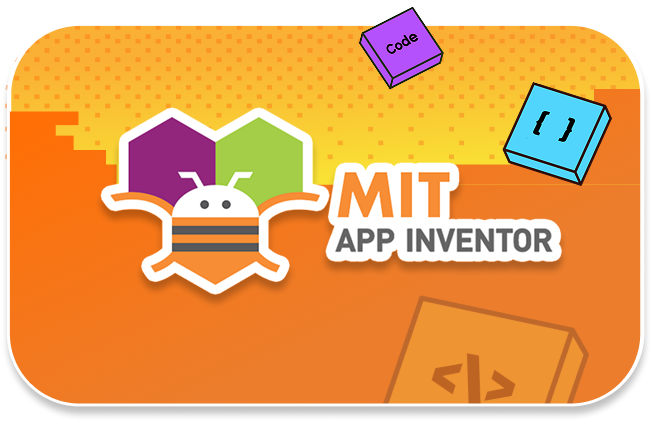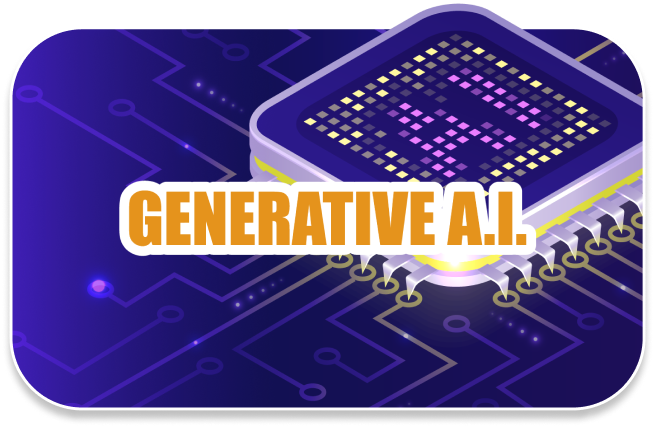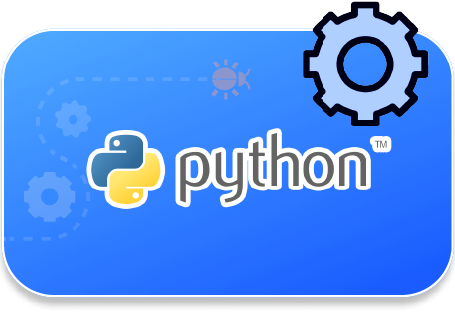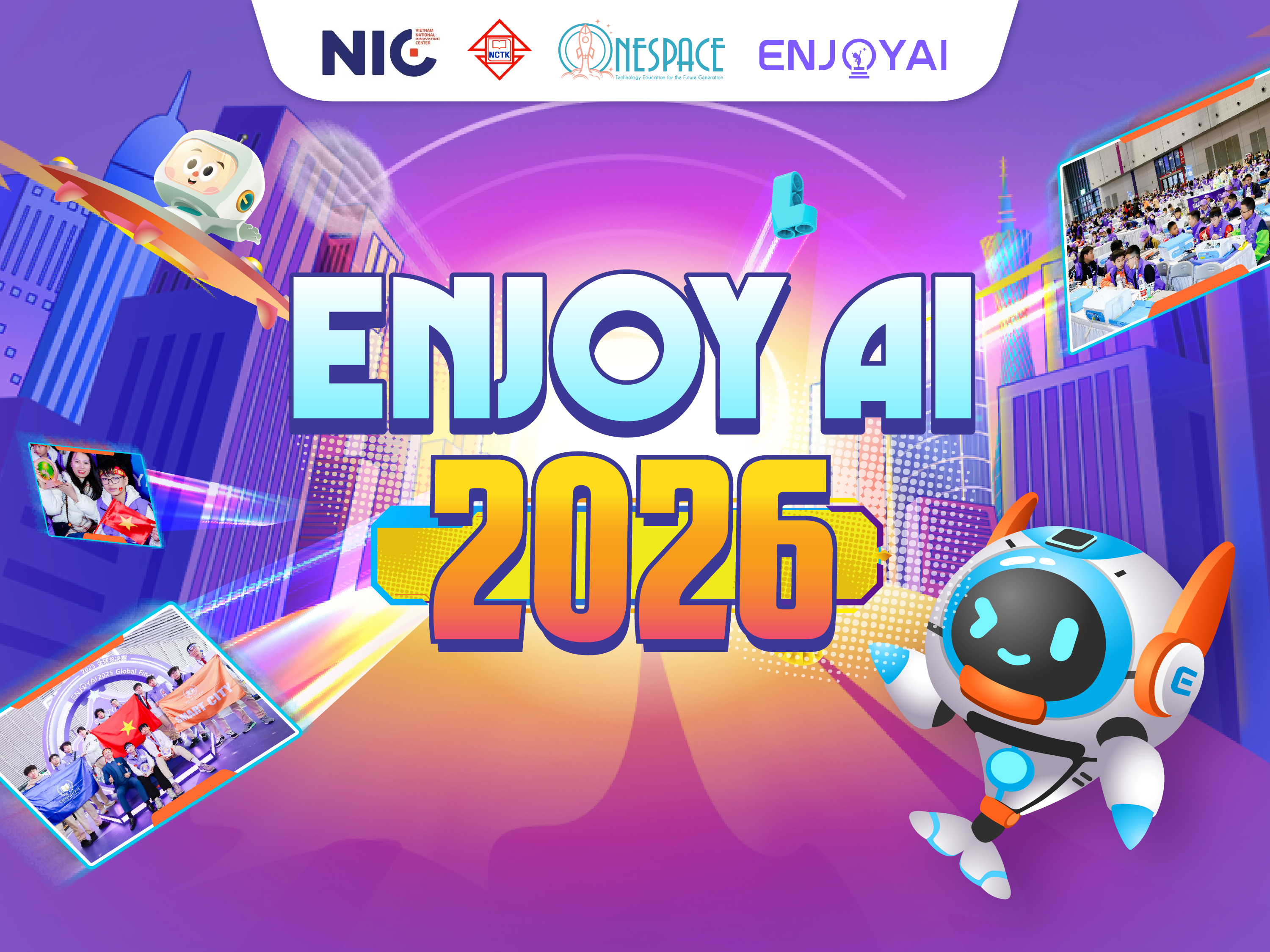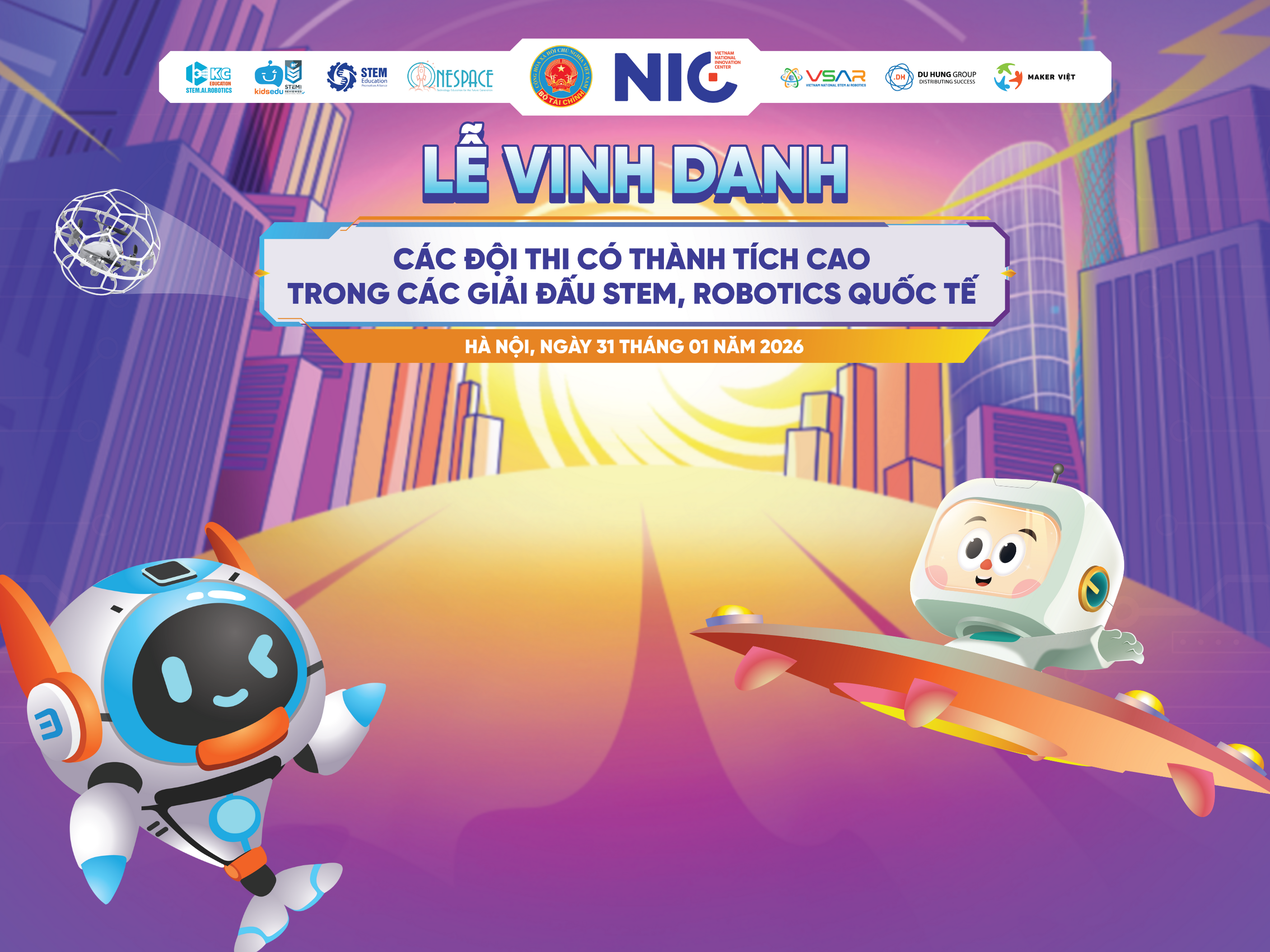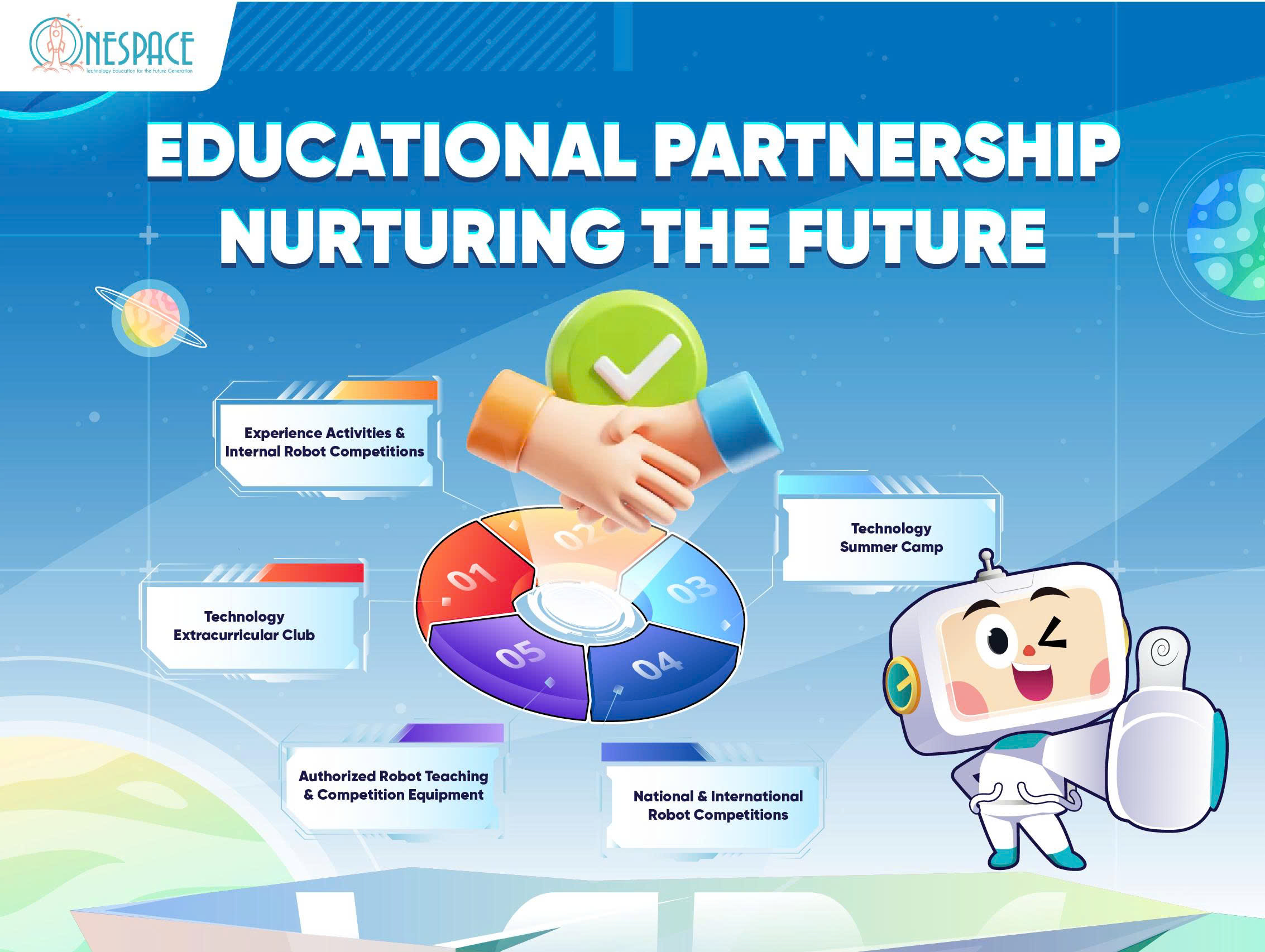Mathematics and programming are two fields that are closely intertwined in the world of technology. When starting to learn programming, many people often ask themselves, “Do I need to be good at math to become a successful programmer?” This is an important question, especially for those considering learning programming or those just beginning, whether they are children or adults.
Programming and Mathematics: The Perfect Combination to Help Children Explore the World of Technology
In today’s digital age, programming has become an essential skill, especially for the younger generation. At the same time, mathematical thinking plays a critical role, providing strong support to make programming more efficient. This close relationship not only helps children develop logical thinking but also brings great benefits in solving complex problems and creating innovative technological products. Let’s explore with OneSpace why this combination is key to a child’s future success!
How Are Mathematics and Programming Related?
Mathematics is an essential foundation for many fields, including programming. In the process of programming, mathematical thinking is the tool that helps children analyze problems logically and scientifically. For instance, when designing a program, using mathematical formulas and logical reasoning not only helps children solve problems but also creates smooth-running, highly accurate programs.
The Role of Mathematics in Programming:
- Logical thinking: Mathematics trains logical thinking, which is crucial when writing code or designing algorithms.
- Problem-solving: Mathematics provides programmers with tools and methods to approach and solve complex problems, especially in fields that require a lot of computation, like data science or artificial intelligence.
- Optimization: Optimization, search, and sorting algorithms all rely on mathematical principles to find the most efficient solutions.
Programming Fields that Require Mathematical Knowledge:
- Artificial Intelligence (AI): Linear algebra, probability, and statistics are needed to develop machine learning models and artificial neural networks.
- Computer Graphics: Geometry and linear algebra are used to create 3D images and animations.
- Data Analysis: Mathematics, especially probability, statistics, and calculus, is the foundation for analyzing and interpreting data.
Programming Helps Develop Mathematical Thinking
Besides applying mathematical thinking to programming, learning to program also helps children develop math skills. Programming requires critical thinking, problem-solving ability, and creativity—essential skills when working with mathematical concepts.
Through programming, children practice applying mathematical principles in real life, enhancing their ability to analyze and solve complex problems. This helps children comprehensively improve their mathematical thinking, logical reasoning, and critical thinking skills.
Do Programmers Need to Be Good at Math?
One of the most common misconceptions is that to learn programming, you need to be great at math. However, the reality isn’t quite like that. Here are some perspectives on learning programming and the need for math:
Basic Mathematical Skills Required:
- Algebra: Understanding variables, functions, and equations is fundamental to many programming languages.
- Probability and statistics: Important for data analysis and machine learning.
- Logic: Logical thinking helps programmers design solutions and write effective code.
Cases Where Advanced Math Is NOT Needed:
- Web Development: Most web programming doesn’t require advanced math knowledge but focuses on skills like HTML, CSS, and JavaScript.
- Mobile App Development: With modern tools, programmers don’t need to solve complex mathematical problems but can use pre-built libraries and frameworks.
- Simple Game Development: Many 2D games do not require deep mathematical understanding.
The Benefits of Math for Programmers
Although being proficient in math is not always necessary for programming, having a strong foundation in mathematics offers many benefits:
- Logical Thinking and Problem-Solving: Mathematics helps programmers develop logical thinking and problem-solving skills, making it easier to design more efficient and accurate algorithms. Concepts such as graph theory, linear algebra, and probability can help solve programming problems creatively.
- Enhancing Learning and Creativity: Mathematics encourages systematic and creative thinking. In programming, when facing complex problems, these skills help children find new, more optimized approaches.
OneSpace Programming Courses: Simultaneously Developing Mathematical and Programming Thinking
At OneSpace, technology courses don’t just stop at delivering programming knowledge but also help children develop comprehensive mathematical thinking. From intuitive programming lessons like Scratch, CodeCombat to higher-level languages like Python or Artificial Intelligence (AI), OneSpace provides a suitable learning path for all ages and skill levels. Especially, the teaching method combining Gamification and STEM elements keeps children engaged through exciting games and practical exercises, building a passion for technology and unlocking their full potential.
Highlights of OneSpace Courses:
- Scratch Programming introduces children aged 7-9 to programming through drag-and-drop and visual learning.
- CodeCombat offers exciting challenges that teach children aged 9-15 Python programming through role-playing games.
- Python and Web Development for students aged 12 and older helps them grasp popular programming languages and apply them to real-world software development.
- Generative AI for students aged 12-16 opens the door to the world of AI with immense potential.
- 3D Design Thinking for children aged 9 and older encourages creativity in the virtual world and 3D product design.
Developing both programming and mathematical skills not only opens the door to success in technology but also brings benefits in many areas of life. Joining a programming course at OneSpace is a great choice to help children approach the world of technology, sharpen logical thinking, and foster creativity in the digital age.
Discover OneSpace’s programming courses HERE!




